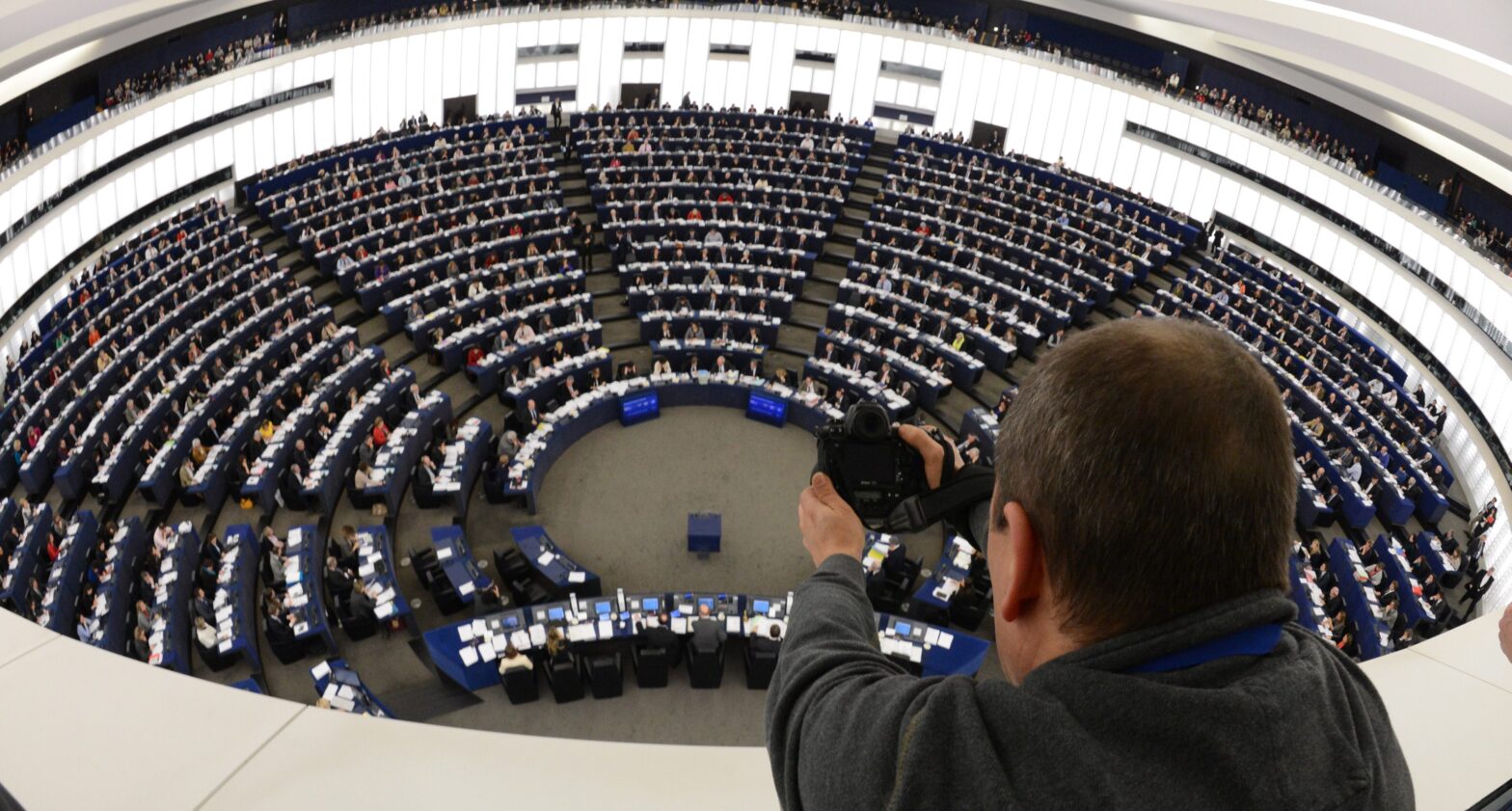The European Parliament, meeting in a plenary session in Strasbourg on Thursday, adopted by a large majority of votes the last resolution on Croatia before it joins the European Union on July 1, saying that the country is completely ready for membership and calling for further reforms so that citizens of Croatia could profit from EU membership.
The resolution was carried by a vote of 529 to 36, with 39 abstentions.
The European Parliament looks forward to welcoming Croatia as the 28th member of the EU on July 1, 2013, following the legally binding vote of the European Parliament on December 1, 2011 which approved Croatian membership, and in accordance with the date set in the Accession Treaty.
It expresses its confidence in the strength and maturity of Croatia’s democracy and social market economy, its adherence to European values, and capacity to fulfill the obligations of membership, the resolution says.
MEPs say that accession should not be construed as an end of a process, but rather as a step on the pathway towards economic, administrative and judicial modernisation.
The European Parliament encourages Croatia to carry out further structural reforms to stimulate economic growth and revive the labour market; calls upon the Government to keep the banking sector stable and continue the policy of fiscal consolidation in order to boost competitiveness; welcomes Croatia’s participation in the European semester from January 2013; supports efforts to ensure timely and effective use of EU funds as well as efforts to improve Croatia’s transport infrastructure and its links with the EU Member States and the countries of the region; urges the Government to fully implement the Small Business Act with appropriate policy actions such as improving access to finance and supporting the internationalisation of SMEs, according to the document.
The resolution noted the finding of the European Commission’s final monitoring report that Croatia has completed all ten tasks it needed to carry out before accession.
MEPs welcomed the outcome of elections for the European Parliament in Croatia, expressing regret at a poor voter turnout.
The European Parliament acknowledges the activities and constructive contribution of the Croatian observers in the European Parliament and looks forward to welcome the MEPs from Croatia as of July 1, 2013, the resolution says.
The EP also welcomed the ratification of the Croatian accession treaty by the Slovenian parliament, and called on Croatia and its neighbours to actively engage in the resolution of outstanding bilateral issues in accordance with international commitments, the principle of good neighbourly relations and regional cooperation.
MEPs reaffirmed the centrality of an independent judiciary, professional and accountable public administration, and the rule of law in strengthening democracy and supporting investment and economic activity. They called on Croatia to take further action to improve the independence, accountability, impartiality, professionalism and efficiency of its judicial system and of members of the judiciary, inter alia by reducing the number of backlog cases, upgrading legislation on decision enforcement and implementing the new system of asset declarations for judges.
The resolution notes that Croatia has put in place a generally satisfactory institutional and legal framework for combating corruption; calls on the Croatian authorities to further step up their fight against corruption, fraud and mismanagement of funds; and underlines that anti-corruption measures need to be strictly enforced.
The document expressed concern that the proposed law on strategic investments is not in line with European standards, and called on the Croatian Government and Parliament to revise it with a view to better protecting fundamental rights, notably property rights, and the environment.
Member states are called upon to make use of the transitional measures restricting the access of Croatian workers to their national labour markets exclusively on the basis of factual information and only in cases of serious labour market disturbance.
